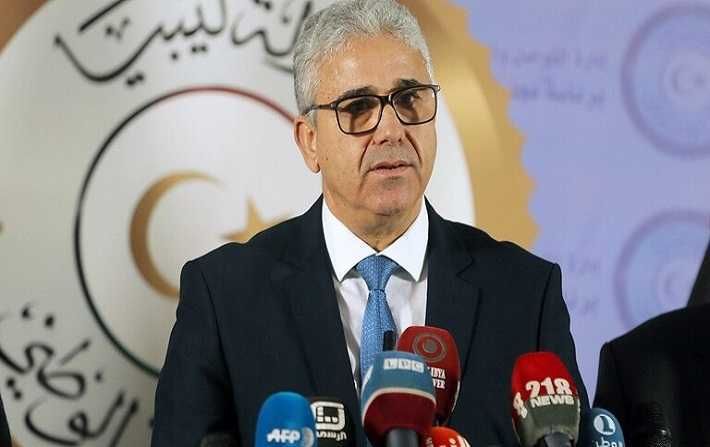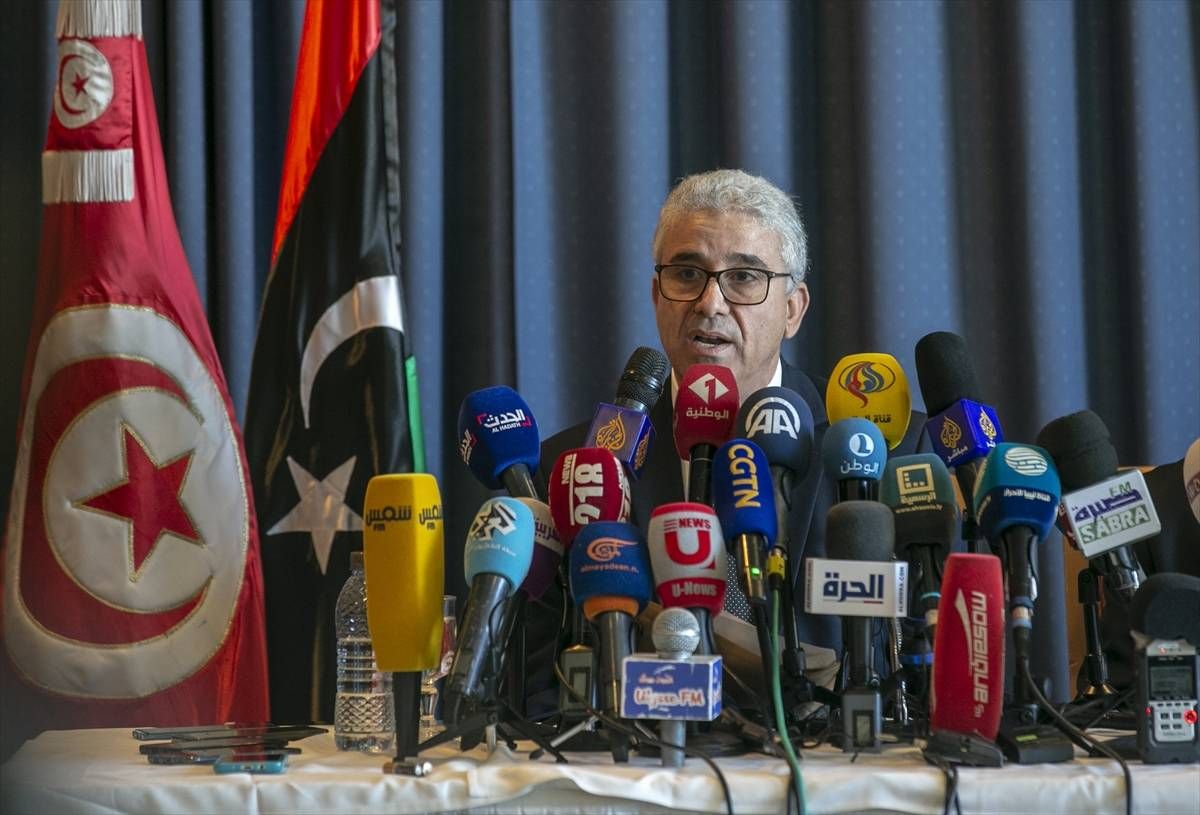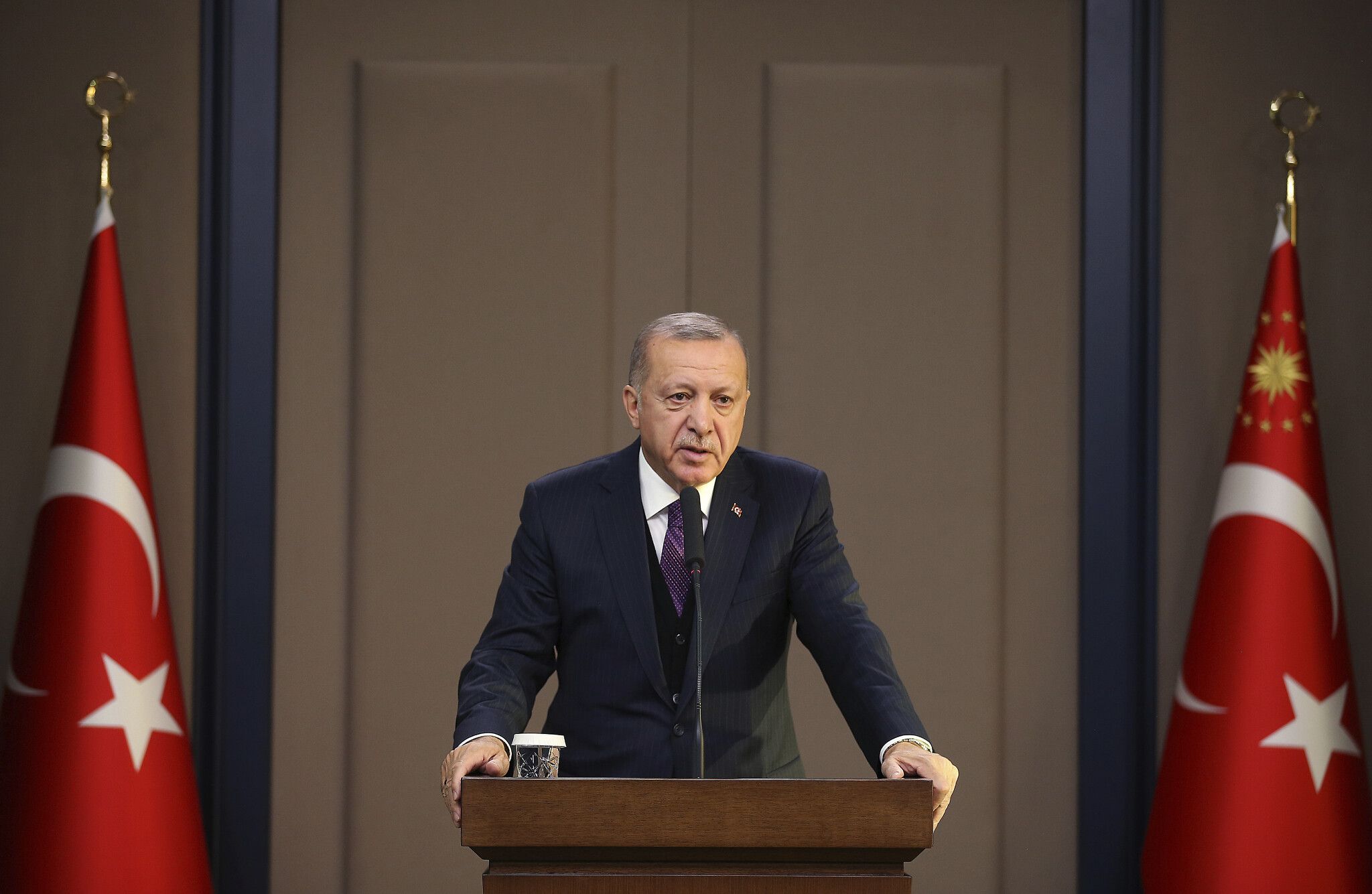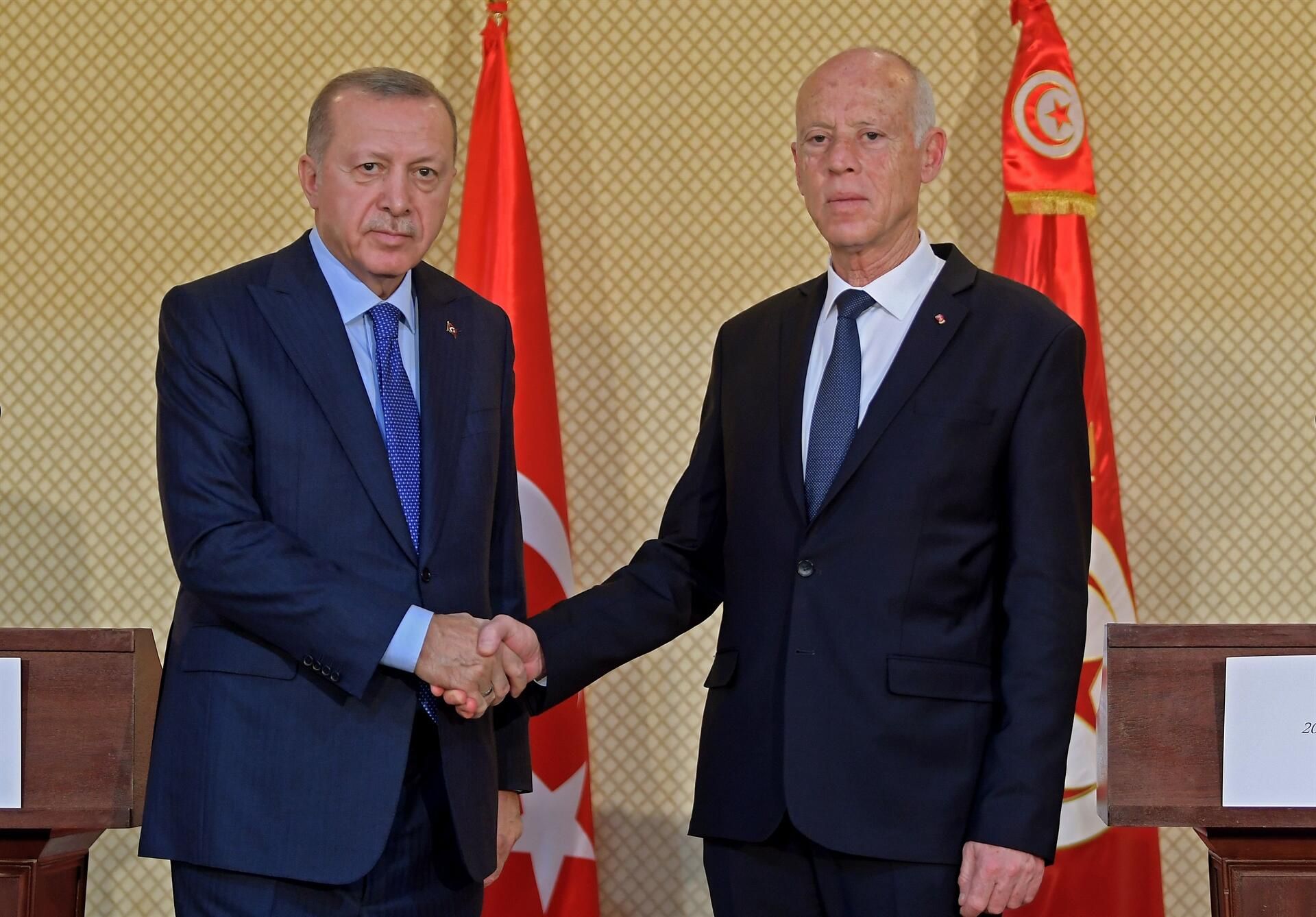In a comprehensive review of Libya’s economic landscape spanning from 2012 to 2022, a prominent Economics Professor at the Libyan Academy, Omar Zarmouh, sheds light on the persistent deficit in the state’s general budget. The analysis is based on an exhaustive report from the Audit Bureau, offering insights into revenues, expenditures, and the broader economic challenges faced by the country.
The figures, presented in billion Libyan Dinars (LYD), reveal a deficit of 34 billion LYD over the 11-year period, averaging 3.1 billion LYD annually. Zarmouh underscores that this deficit signifies the culmination of budgetary shortfalls during the turbulent period, marked by wars, economic crises, and political divisions.
Addressing concerns about the deficit being considered part of the public debt, Zarmouh distinguishes between legitimate spending within the approved budgetary allocations and overspending that requires approval from relevant authorities. He emphasizes that deficit resulting from borrowing, if within approved limits, constitutes public debt.
Examining the yearly breakdown, Zarmouh correlates economic challenges with political crises:
2012:
Despite large revenues of 70 billion LYD, controlled spending and normal oil exports led to a surplus of 21 billion LYD.
2013:
Significant oil shutdowns resulted in a deficit of 10 billion LYD, with expenditures reaching 65 billion LYD.
2014:
The onset of political turmoil saw revenues decline to 22 billion LYD, creating a deficit of 22 billion LYD.
2015:
A financial rift emerged as two budgets were approved. With ongoing wars and oil shutdowns, revenues fell to 11 billion LYD, resulting in a deficit of 25 billion LYD.
2016:
No general state budget was approved, and oil closures persisted, leading to a deficit of 21 billion LYD.
2017:
Crisis severity decreased, and the deficit reduced to 10 billion LYD despite an inflation rate of 26%.
2018:
Fees on the exchange rate alleviated the black market, contributing to a surplus of 8 billion LYD.
2019:
Revenues recovered to 60 billion LYD, achieving a surplus of 13 billion LYD despite political and military escalation.
2020:
Oil closure crisis reemerged, resulting in a deficit of 35 billion LYD. A controversial decision to devalue the dinar faced criticism for its economic impact.
2021 and 2022:
Devaluation effects led to an apparent surge in revenues to 122 billion LYD and expenses to 102 billion LYD, creating a surplus of 20 billion LYD in 2021. However, 2022 saw expenditures surpassing 2021, leaving a reduced surplus of 6 billion LYD.
Zarmouh emphasizes the need for a clear budget law to prioritize spending and avoid deficits. He suggests reducing public expenditures while safeguarding basic needs and enhancing revenue collection, particularly from oil and non-oil sources.
In conclusion, he calls for a strategic approach to address the deficit, advocating for responsible fiscal management and emphasizing the importance of an effective legislative authority to guide economic policies.




